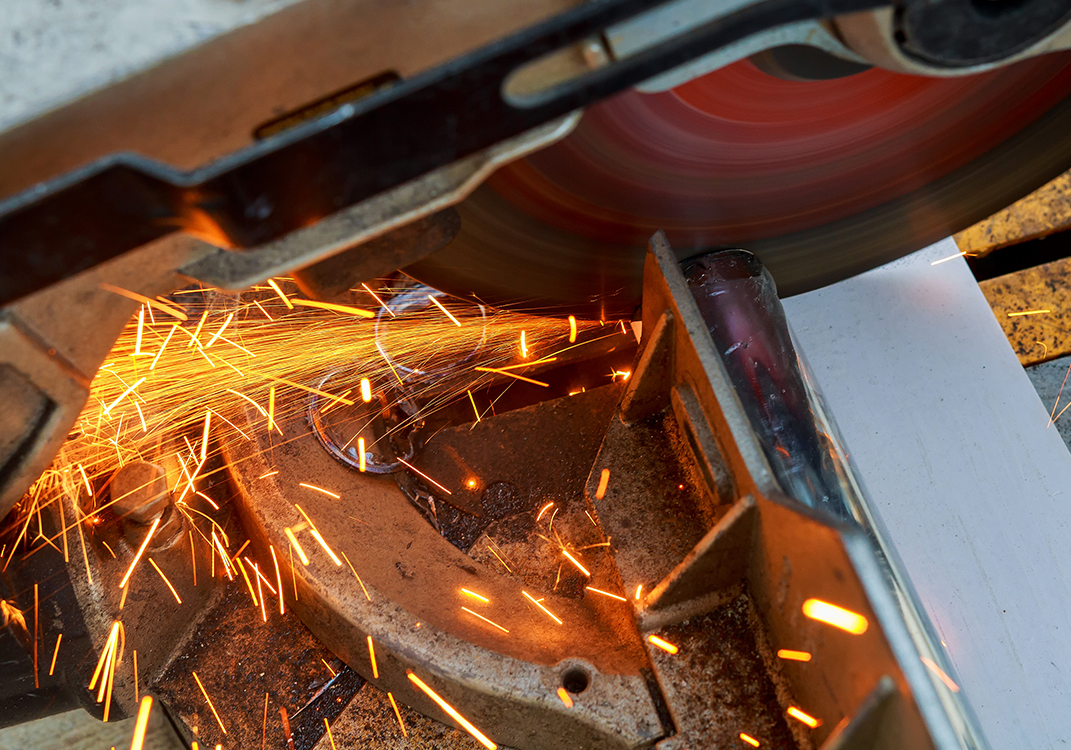Diecasting in Malaysia: Paving the Approach for Precision Manufacturing
Diecasting is an essential process in the manufacturing industry that produces
metal parts with high precision and superior surface finishes. This process,
which involves forcing molten metal into molds under pressure, is extensively
used in the electronics, automotive and consumer goods sector. In Malaysia the
industry of diecasting has gained significant importance, due to Malaysia's fast
expanding manufacturing sector. In the context of how Malaysia continues to
position itself as a major hub for international manufacturing Diecasting has
played a vital role in meeting the increasing demand for premium metal parts.
Diecasting has experienced a an incredible growth rate in recent times driven by
local knowledge and foreign investments, making Malaysia among the top players
on diecasting in the Southeast Asian diecasting market.
Through the years, Malaysia has developed a strong
manufacturing base and diecasting has become a significant part of the country's
industrial scene. The Malaysian government has been active in pushing for
industrialization, making the country an attractive place to invest both local
and foreign capital investments in manufacturing. Diecasting, specifically, has
the benefit of the well-developed infrastructure of Malaysia, its well-educated
workforce, as well as its strategic location in Southeast Asia, which offers an
easy connection to the world's most important markets. With the demand worldwide
for top-quality and cost-effective metal components grows, Malaysia has
positioned itself as a reliable source of diecast components, providing the
competitive edge needed by firms within the electronics, automotive as well as
other industries.
The main advantage Malaysia offers in the field of
diecasting is the advanced infrastructure as well as using cutting-edge
technology in the manufacturing process. Diecasting facilities that are modern
in this country have robots, diecasting machines with high pressure equipment,
as well as automated quality control technologies that ensure accuracy and
reliability. Innovative technologies improves effectiveness and speed of
production, allowing companies to satisfy the increasing demand for diecast
parts in various industries. The Malaysian government's commitment to industrial
development, through initiatives and incentives that aim to boost production,
has contributed to the sector's growth and helped the nation maintain its
competitiveness on the international market.
In addition to the auto
business, the electronics industry in Malaysia is another significant consumer
of diecast components. Electronics companies in Malaysia depend on diecasting
for the production of parts like housings for electronic devices, connectors, as
well as heat sinks to make electronic components that are high-performance. The
accuracy and high-end quality offered by diecasting is essential in meeting the
stringent requirements for electronic components, especially in providing proper
heat dissipation as well as durability. With Malaysia playing a significant role
in the world manufacturing of electronics Diecasting plays an essential role in
ensuring the continued success of the sector. The ever-growing demand for
electronics worldwide, especially in electronics for consumer devices, computers
as well as communication devices, highlights the significance of diecasting as a
process to Malaysia's manufacturing capabilities. To get additional information
please head to Senadiecasting
Technological advancements have been a major factor
in increasing the capacity of Malaysia's diecasting industry. The introduction
of new technologies, such as high-pressure diecasting, vacuum casting and
machines for diecasting with sophisticated automation has increased the
effectiveness and precision of diecasting. This has allowed companies to produce
parts with even more precision and less defects which has reduced the necessity
for costly post-production processes. Automating diecasting processes has
enabled companies to boost production to streamline processes and reduce errors
made by humans. The global market grows more intricate and top-quality
components, Malaysian manufacturers are embracing technology advancements in
order to stay ahead of market and to meet the ever-changing needs of various
sectors.
Despite its many advantages, the diecasting industry in Malaysia
is faced with a variety of issues which must be tackled to ensure continued
growth and success. One of the main issues is the impact on the environment of
diecasting, specifically the high energy consumption that is associated with
this process. Diecasting requires extremely high temperatures to melt metals. It
requires an enormous energy input. Since global issues regarding sustainability
and environmental impact increase and become more pressing, the Malaysian
diecasting industry needs to focus on adopting greener practices, for example,
using efficient equipment as well as recycling and decreasing waste. There is
also an increasing demand for environmentally friendly materials for the
diecasting process that could force that the industry explore innovative
materials and methods of recycling which have a smaller environmental footprint.
Comments
Post a Comment